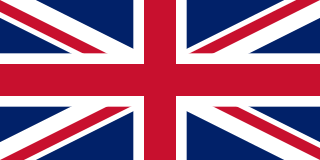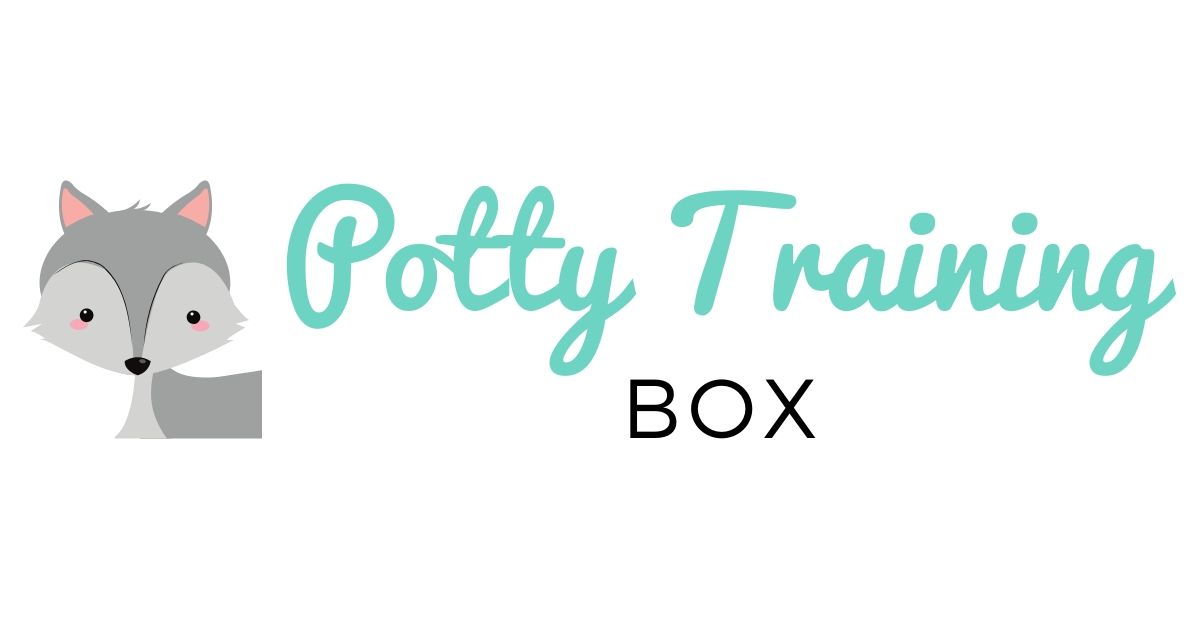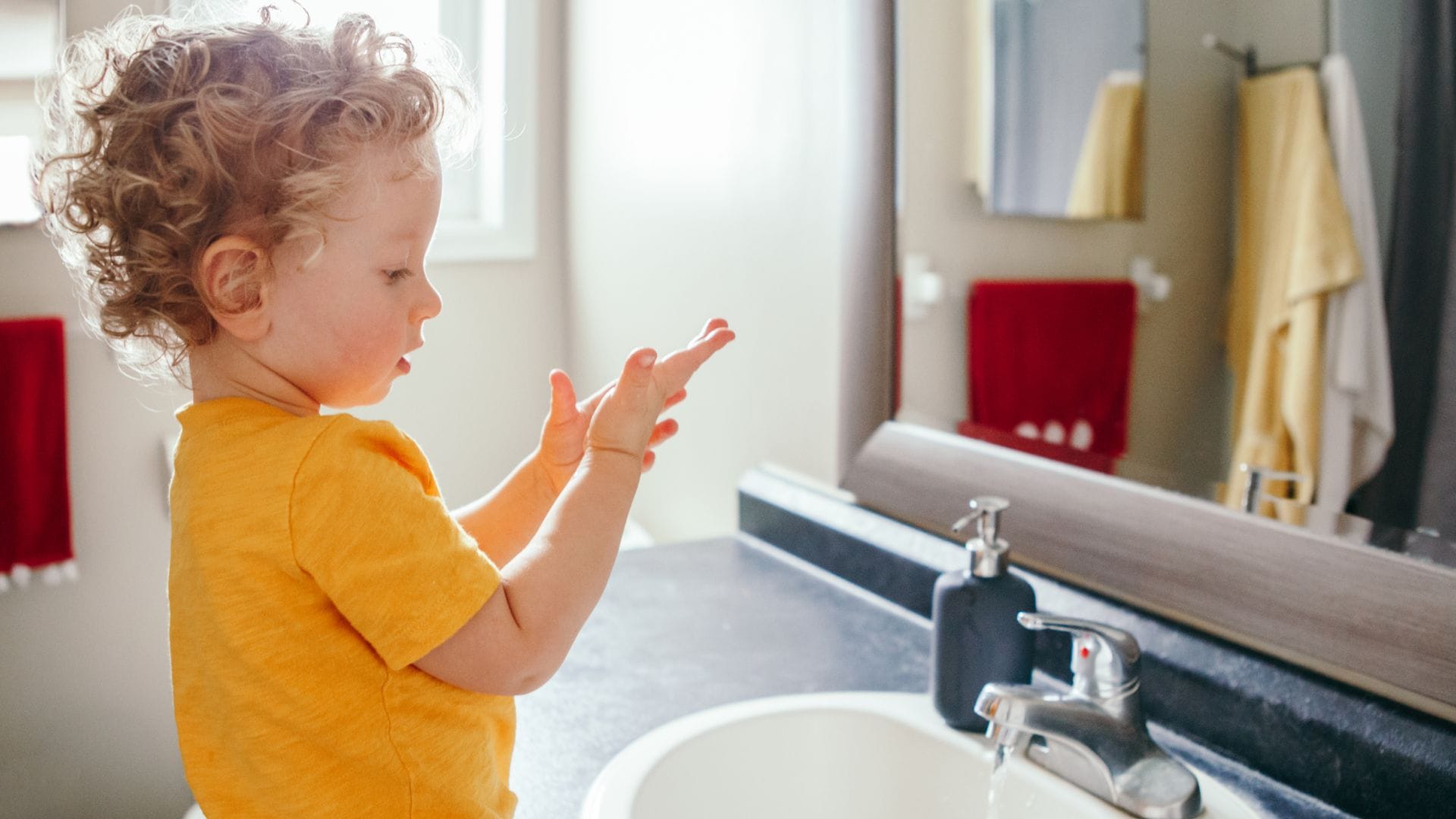Hygiene during Potty Training – How important is hygiene during potty training? Potty training is one of the milestones in a child’s development. It’s an exciting period where your little one learns to become more independent (and for us as parents, a bit of letting go). This phase can sometimes be quite challenging, especially when accidents and messy situations occur.
Think of small puddles on the floor or a poopy accident. Therefore, it’s important to pay extra attention to hygiene both during potty training and afterward. This isn’t only important to teach your child the right habits, but it also contributes to maintaining a clean and fresh environment inside and outside the home. In this comprehensive blog, we share tips to prioritize hygiene during potty training.
Why is hygiene extra important during Potty Training?
During potty training, it’s almost inevitable that your child will occasionally have accidents, such as peeing or pooping in their pants. It’s important to change your child regularly to prevent not only your child but also the environment from becoming dirty and unhygienic. A wet or dirty nappy left on for too long can cause skin issues such as diaper rash for your child.
Additionally, it’s good to thoroughly clean the toilet or potty after each use, preferably immediately. Urine and feces contain many bacteria and pathogens that can quickly spread in the environment if not cleaned promptly. Young children are often more susceptible to this since they have an immune system that’s not fully developed yet.
Moreover, it’s important to teach your child to wash their hands properly after every visit to the toilet. Make this a routine from the start and ensure you also do this consistently. Some children naturally follow this, which is fantastic! Plus, they often find it enjoyable. What child doesn’t like to ‘play’ with water? Are you ready for the 10 tips for hygiene during Potty Training
Tips for good hygiene during potty Training:
- Change your child’s nappy or underwear immediately if they become wet or dirty, even if your child doesn’t indicate it right away. Be vigilant! This not only helps keep your child comfortable but also prevents unnecessary mess.
- Thoroughly clean the toilet and potty after each use with a disinfectant to keep them clean and hygienic for the next use. This is especially important in households with multiple children or when guests are around.
- Use wet wipes to clean your child after an accident. In more severe cases, consider giving your child a quick shower. This ensures your child is completely fresh and clean. Though it requires extra effort, this won’t be necessary once your child is fully potty trained.
- Wash your child’s underwear at high temperatures to kill bacteria and pathogens. It’s advisable to wash clothing, that has come into direct contact with urine or poop, separately from other garments.
- Teach your child to wash their hands after every toilet visit for a good hygiene during Potty Training. Start this early, as young children often mimic the behavior they see in adults or other children. The sooner you start this habit, the easier it becomes during potty training and beyond.
- Ensure you have a stock of clean clothes and underwear, both at home and when out and about. This allows you to react quickly to accidents and prevents your child from wearing wet clothes for extended periods. Curious about what else not to forget in your bag? Check out this Instagram post!
- If your child has diarrhea, consider using absorbent liners or pads. These can absorb moisture and help reduce potential mess and discomfort.
- Make handwashing a family routine. If all family members, including parents, consistently wash their hands after every toilet visit, your child is more likely to adopt this behaviour. Especially young children copy everything from the people around them.
- Reward your child when they practice good hygiene during potty training and beyond. Positive reinforcement can help encourage good habits. For example, give a compliment or a small reward when your child washes their hands after using the toilet.
- Educate your child about the importance of hygiene. In an age-appropriate way, explain to your child why washing hands and staying clean are essential for health. This can even be done with books and videos you may find offline and online.
Need more tips?
Hopefully, these comprehensive tips provide the help you need to maintain the highest level of hygiene during potty training. Remember that each child is unique and has their own pace in developing these important skills. Want more handy tips for potty training?
Take a look at our social media channels, such as Instagram and Facebook, for even more valuable information and advice. You can also read our other blogs. Together, let’s ensure a clean, healthy, and successful potty training journey for you and your little one.”


